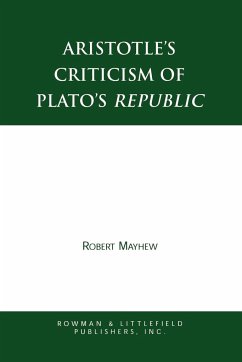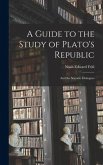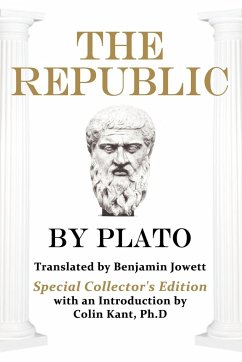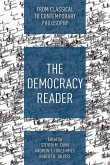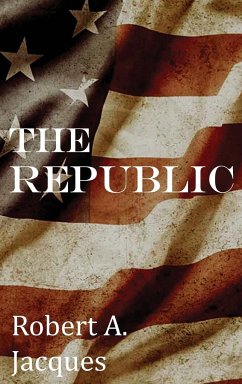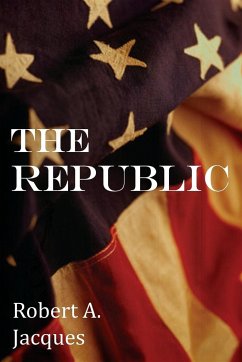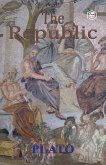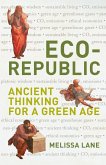The first five chapters of the second book of Aristotle's Politics contain a series of criticisms levelled against Plato's Republic. Despite the abundance of studies that have been done on Aristotle's Politics, these chapters have for the most part been neglected; there has been no book-length study of them this century. In this important new book, Robert Mayhew fills this unfortunate gap in Aristotelian scholarship, analyzing these chapters in order to discover what they tell us about Aristotle's political philosophy. Mayhew demonstrates that in Politics II 1-5, Aristotle is presenting his views on an extremely fundamental issue: the unity of the city. Indeed, he states, almost all of Aristotle's criticisms of the Republic center on this important subject in one way or another. Only by understanding Aristotle's views on the proper unity of the city, Mayhew explains, can we adequately discover his views on the proper relationship between the individual and the city. Students and scholars of classical political philosophy will be greatly interested in this innovative book.
Hinweis: Dieser Artikel kann nur an eine deutsche Lieferadresse ausgeliefert werden.
Hinweis: Dieser Artikel kann nur an eine deutsche Lieferadresse ausgeliefert werden.

